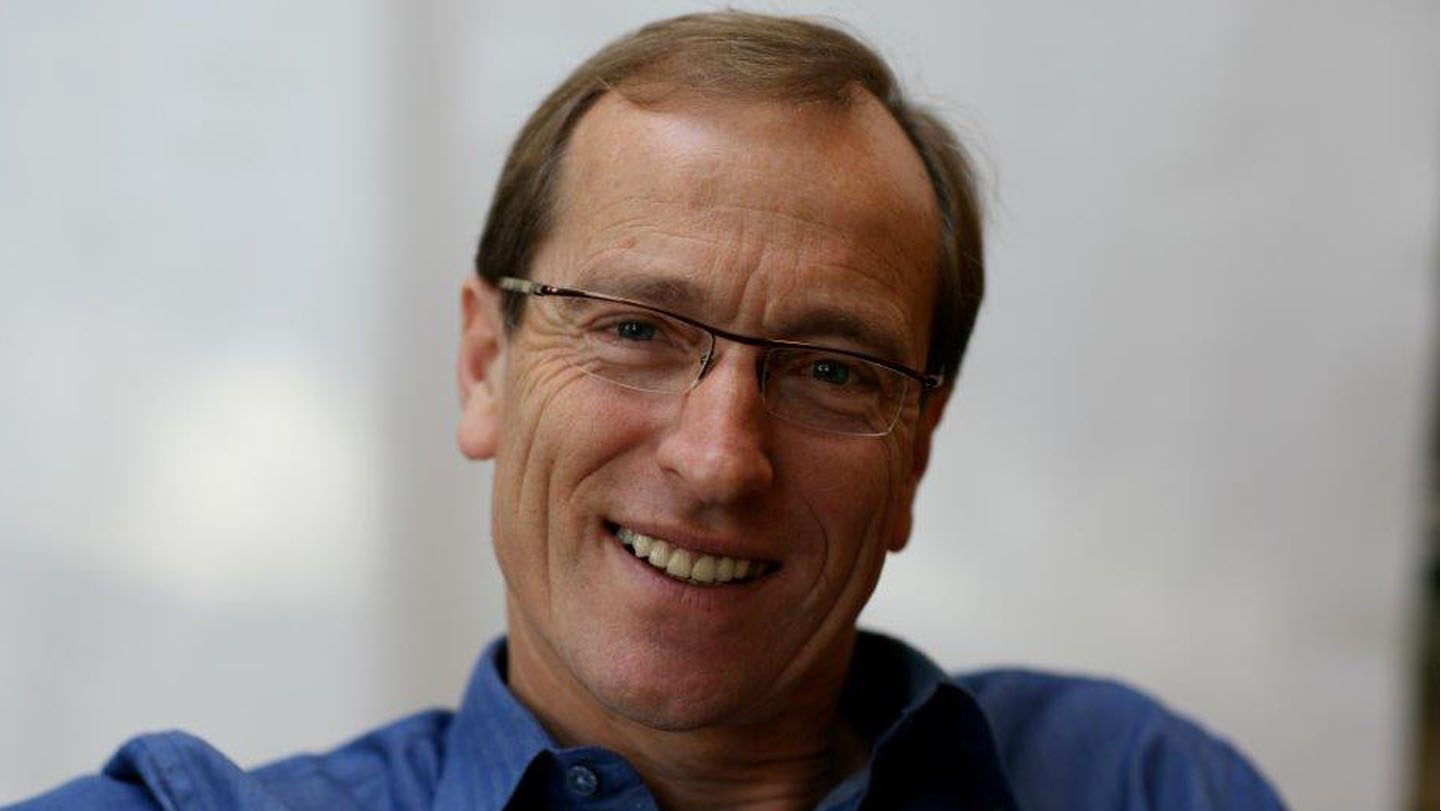The front cover of the most recent edition of Private Eye has an infant school pupil saying to the Prime Minister ’Everything is collapsing and we aren’t learning any lessons’.
Democratic political systems have many merits. Learning – and then applying – lessons from experience does not seem to be one of them.
In the UK the RAACS crisis is a telling example. After the war, with the advent of compulsory secondary education, we needed a lot of school buildings fast. The professionals who recommended the use of this particular form of concrete predicted it would only have a life of forty years but that was a problem they felt they could safely leave to future generations.
The decades passed. The UK’s economy went through boom, bust and stagnation. Politicians often competed on their claims to be better able to restrain or reduce personal taxation. In their hearts everyone knew that ‘a stitch in time saves nine’ but somehow that proverb never made it into HM Treasury’s policy manual.
Indeed RAACS is not the major problem for the UK’s education system. In June this year the National Audit office warned that 700,000 young people were at schools needing major rebuilding or refurbishment and the biggest structural issues it identified were asbestos, wiring, heating and ventilation. According to a recent NIESR study average net public investment dropped from 4.5% of GDP in 1948-78 to 1.5% between 1979 and 2014.
Then came the financial crisis, Austerity and Covid. In an attempt to keep up the illusion that taxes can be kept low without consequence, our government has reduced the funding available to local authorities by 40% over 13 years.
So here we are 75 years on from the second world war. We haven’t repaired the roof while the sun was shining. Thanks to climate change the rain is increasingly torrential and still we seem stuck with wishful thinking. And in the meantime the country has become more unequal. According to research analysed by The Equality Trust our income inequality is among the most extreme in Europe.
‘Our wealth inequality is accelerating. The top 0.1% had their share of total wealth double between 1984 and 2013, reaching 9%. If the wealth of the super-rich continues to grow at current rates by 2035, the wealth of the richest 200 families will be larger than the whole UK GDP.’
Like the flawed 1950s concrete beams that span hundreds of our school buildings, here – only slightly caricatured – are the comforting propositions to which our political discourse clings.
Vote for us. We will run things better than our predecessors. We will invest to provide better health and education and social housing and youth service and environmental protection and transport infrastructure. Its been neglected for too long.
O and then there’s Net Zero. The FT has told us this may require a global investment of $100 trillion. We can do all that is needed this without noticeably raising your taxes because when we are in government we will create more economic growth.
When will the people who lead our companies and investment institutions speak out with one voice against such magical thinking?.
Business has always needed democratic politics to understand its needs and to create a stable and robust market place for investment, competition, trade and innovation.
It also needs home-grown talent to feed its supply of human capital. Inward migration helps but becomes ever more politically difficult.
It needs strong regulation so that it is steered towards producing the right products. As Henry Dimbleby – who studied the problem of food and obesity for the government and who will be speaking about it at this November’s Anthropy conference – has said, leaders in the food industry privately argue that only regulation will stop them prioritising the unhealthiest foods that make our national obesity problem worse. On every side business needs government to start thinking and acting with the long term in mind.
Finding intelligent and long-term solutions responses is not cost-free. Not finding them will be disastrous for UK-based companies and their investors.
As Edward Troup, a former chair of HMRC says in another recent FT article. ‘The big issue is how do you persuade the voting public in in a democracy that tax revenues are going to rise?
There is an array of different options available to a government that wants to raise more tax. It doesn’t have to be a wealth tax. The accountant Richard Murphy is offering a range of ideas, which start by restricting pension tax relief to 20%. The TUC has just called for a national debate on the taxation of wealth. The UK now has its own branch of the Patriotic Millionaires, exemplified by this recent article by angel investor Julia Davies.
There is nothing wrong with a commitment to improve economic growth – provided that we measure that growth properly and discard the distorting assumptions behind GDP. (Another topic that will be developed at Anthropy).
First though, we need to grow up, stop the magical thinking and confront the hard tax realities. On this business has been silent for too long. We need to hear its voice.
Mark Goyder is Founder of Tomorrow’s Company and Senior Advisor to the Board Intelligence Think Tank. Together with Responsible 100 Tomorrow’s Company is curating a series of discussions at the Anthropy Conference taking place at the Eden Project from 1-3 November
